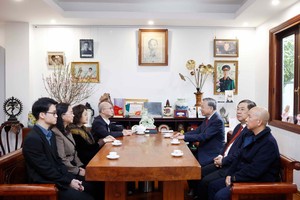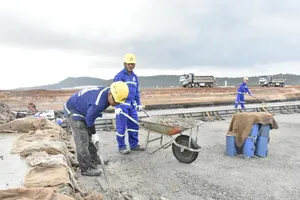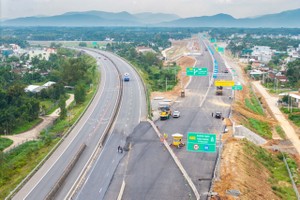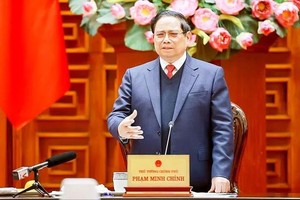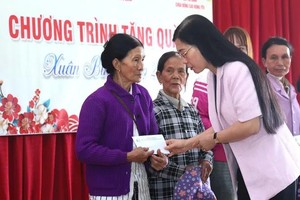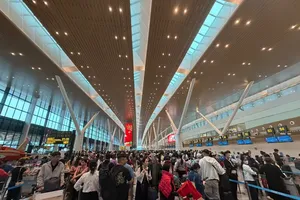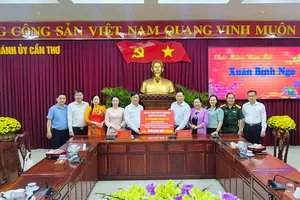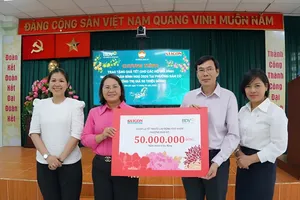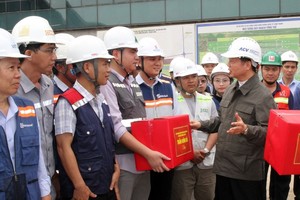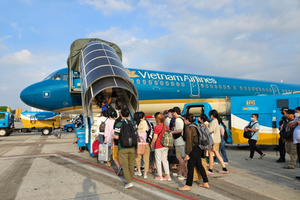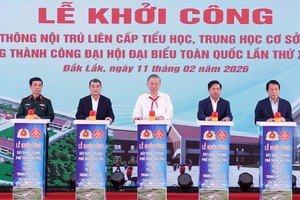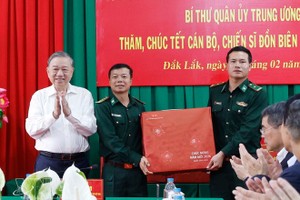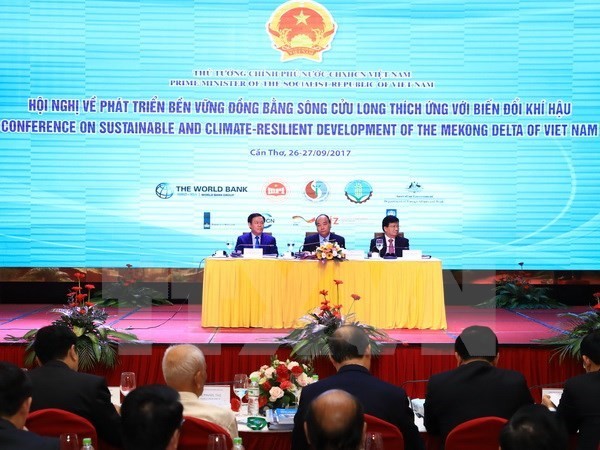
1. The first conference on sustainable and climate-resilient development of the Mekong Delta was held in Can Tho city on September 26-27 with the presence of Prime Minister Nguyen Xuan Phuc. The event drew nearly 1,000 delegates, including managers at central and local levels, experts, scientists and international partners to share experience in natural disaster prevention and climate change adaptation. Participants also pointed out challenges posed by climate change to the Mekong Delta to map out visions, solutions and plans to implement large-scale transformations and build sustainable development models for the region.
2. The Government promulgated Resolution 120/NQ-CP on November 17 on sustainable and climate-resilient development of the Mekong Delta. This is the first resolution of the Government that comprehensively mentions tasks and measures to conduct large-scale transformations and build sustainable development models for the delta, the biggest agricultural production centre nationwide, which is vulnerable to climate change. The document is considered a model to expand across the country in the future.
3. 2017 recorded 16 storms, four tropical low pressures in the East Sea, 15 extensive hot spells with maximum temperature of 42 Celsius degrees in the northern and central regions, as well as historical torrential rains and floods. 2017 was the year when the natural resources and environment sector applied state-of-the-art technologies to improve the quality and accuracy of forecasts.
4. In 2017, the Ministry of Natural Resources and Environment was one of the leading centrally-run agencies in administrative reform with the provision of online public services for people and businesses. The ministry proposed removing and revising nearly 45 percent of business conditions in the field of natural resources and environment. It also piloted the settlement of 11 administrative procedures in environment, water resources, seas and islands, reducing time and costs for enterprises and investors.
5. The Ministry of Natural Resources and Environment put forth the calculating methods and levels of fees for granting rights to use surface water and underground water, aiming to raise public awareness of efficient and economical use of water in the context of climate change.
6. Government Decree No. 01/2017/ND-CP untangled knots in the land sector, streamlined administrative procedures and promoted the real estate market.
7. Nearly 1 million cu.m of mud and waste sand discharged by Vinh Tan 1 Thermal Power Plant will be buried instead of being dumped into the sea as previously planned.
Also, the implementation of Clause 5 of Article 6 of Circular No. 33/2017/TT-BTNMT on land use rights shared by all family members was rescheduled to a later date to gain public consensus and awareness, and give more time to localities to prepare for its enforcement.
8. Projects that could cause environmental pollution such as Hung Nghiep Formosa Ha Tinh Steel Limited Company in central Ha Tinh province and Lee&Man Paper Manufacturing Ltd in the Mekong Delta province of Hau Giang were put under tight supervision. The Ministry of Natural Resources and Environment set up a hotline for the first time to receive complaints about environmental pollution.
9. Bai Tu Long National Park in the northern coastal province of Quang Ninh was named the 38th ASEAN Heritage Park and the sixth of its kind in Vietnam.
10. Many individuals were honoured for environmental protection nationally and globally. They include Prof.Dang Huy Huynh, the first Vietnamese honoured as an ASEAN Biodiversity Hero and Dr. Nguyen Ngoc Sinh with the Vietnamese Talent Awards on Biodiversity.



